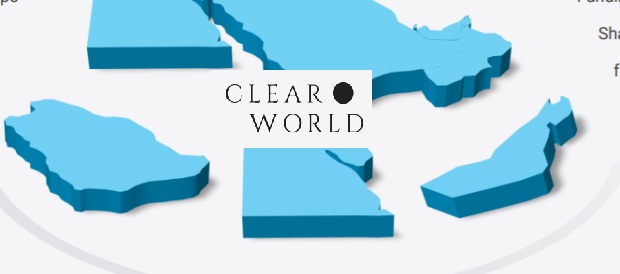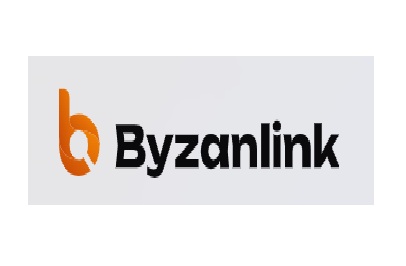
Fundraizerly, the end-to-end platform for investment management, digital fundraising and asset tokenization, has been selected by an alternative-investment manager with AUM in the low nine-figure range to power its next generation of closed-end funds.
As per the press release, the client’s identity remains confidential under a mutual non-disclosure agreement, but the firm has granted written consent to share aggregate details of the engagement. Fundraizerly and the client may release a named case study once regulatory filings and internal policies permit.
Using Fundraizerly’s tokenization engine on the Base Layer-2 network, the manager will issue fund units as compliant on-chain tokens—unlocking real-time cap-table visibility, automated distributions and programmable transfer rules. Base network, incubated by Coinbase, provides low fees and fast settlement while inheriting Ethereum’s security.
To enhance investor servicing, the mandate also activates Fundraizerly’s AI Assistants—domain-specific large-language-model agents trained on the fund’s portfolio data. Industry research shows that more than two-thirds of enterprises are already training staff or hiring talent to deploy Gen-AI solutions.
“Tokenization has become the operating system of modern funds,” said Haiyan Alsaiyed, CEO of Fundraizerly. “By combining our secure issuance stack with Base’s scalability and AI-driven investor support, this partnership sets a new benchmark for mid-market managers.”
The announcement comes as the on-chain value of tokenised real-world assets (RWAs) has surpassed US $24 billion across public blockchains—highlighting accelerating institutional adoption. (forbes.com)


















